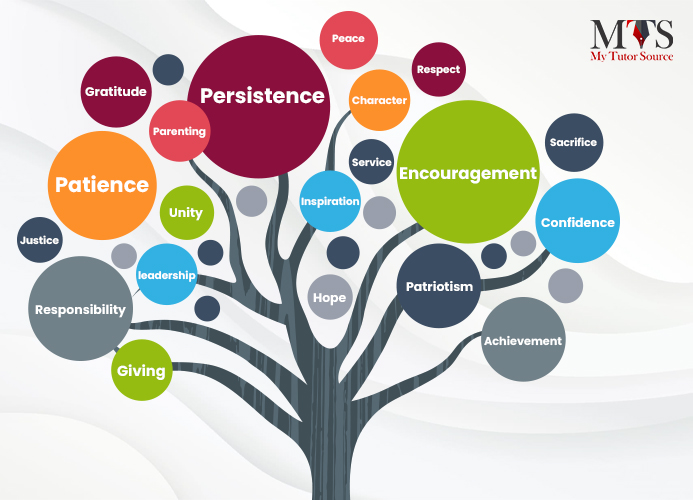

We categorize people into good and bad based on their character and mannerisms. But no one is born bad. People grow up to develop the characteristics they watch in their surroundings. Education plays a major role in shaping the personality of someone, and today, the need for moral education is more than ever.
Let’s see what moral education is and why you should teach that to students in an effective way.
The term moral education refers to programs designed to instill in students a sense of good and wrong ideas and principles. Children act, think, and behave in ways that are directed by their ideas toward other people and their surroundings.
Moreover, moral education builds in children the willingness to behave in a way that is consistent with their values and beliefs. It basically encourages them to consider their behavior and character.
According to Freudian theory, our identity takes over during birth, and our survival instincts are shaped as we grow. However, as we get older, a superego—a portion of our mind—develops.
This superego is responsible for helping us form a conscience based on the morals, values, and behaviors we are exposed to or learn to live with. The combination of these two is the result of our ego, which develops over time.
Early on, our surroundings, parents, and elders educate us on what is and isn't right. That being said, many people theorize that adolescents still form their morality even without the influence of parents.
That is why the majority of schools have started teaching their students moral values through their curricula.
In the world we live in today, with numerous people and ideologies, there are clashing sets of morals. Everyone follows a different set of principles, so moral education is subjective. This conflict arises due to the intersection of different cultural, societal, and religious perspectives.
One group might have a different idea of what is morally right than another. Teachers who want to teach morals in schools have a hard time dealing with this bias.
Another thing that makes the conflict worse is the ongoing argument about whether moral education should be standardized or changed to fit different cultures.
Some people want a set of morals that apply to everyone, while others want a way of doing things that takes into account and accepts different cultural points of view.
To deal with this problem, teachers need to find a middle ground between teaching important principles and creating an atmosphere that supports free speech and respects different moral points of view.
All the conflicts aside, there are some of the basic moral values that every student should be taught in school.
Let’s sum up the importance of moral education and its benefits for the personality development of students.
The principles and good qualities that children acquire in their formative years shape their character and personality. It is the first step toward the future.
Schools that teach morals greatly impact how well students build their character. They build a basis for responsible and moral behavior in students by learning virtues like honesty, integrity, and empathy.
Students who are exposed to moral education learn more about their role in society. They are encouraged to contribute positively to the people around them.
It also prepares students to be determined to overcome difficult situations in life.
Moral education equips students with conflict resolution strategies. Those who learn these skills have greater empathy and understanding in them.
Moral education instills in students some essential tools for conflict resolution, like dialogue and compromise.
Students benefit from being exposed to moral concepts because it prepares them to make ethical decisions. They gain the ability to evaluate problems from a moral perspective, taking into account how the decisions they make will affect not only themselves but also other people.
By engaging in conversations about ethical issues, students are able to strengthen their ability to communicate effectively. They gain the ability to articulate their opinions, listen to the perspectives of others, and engage in constructive decisions.
When you learn morals, you set yourself up for long-term well-being. People who internalize moral values are more likely to lead happy lives, form meaningful connections with others, and make good contributions to society as a whole.
Teaching moral values to kids is not a simple task. You have to look at different things and maintain your calm while you lead. Here are some tips that you can follow to teach kids about moral education:
Teaching moral education in schools is a great way to make this world a better place. This turns children into kind human beings when they grow up.
Also, when kids learn about good values, they become better at solving problems, making good choices, and being nice to others.
And here's a cool tip – if you're looking for extra help with your child's education, check out My Tutor Source (MTS). They have great tutors who not only know their stuff but also care about your child's learning journey.